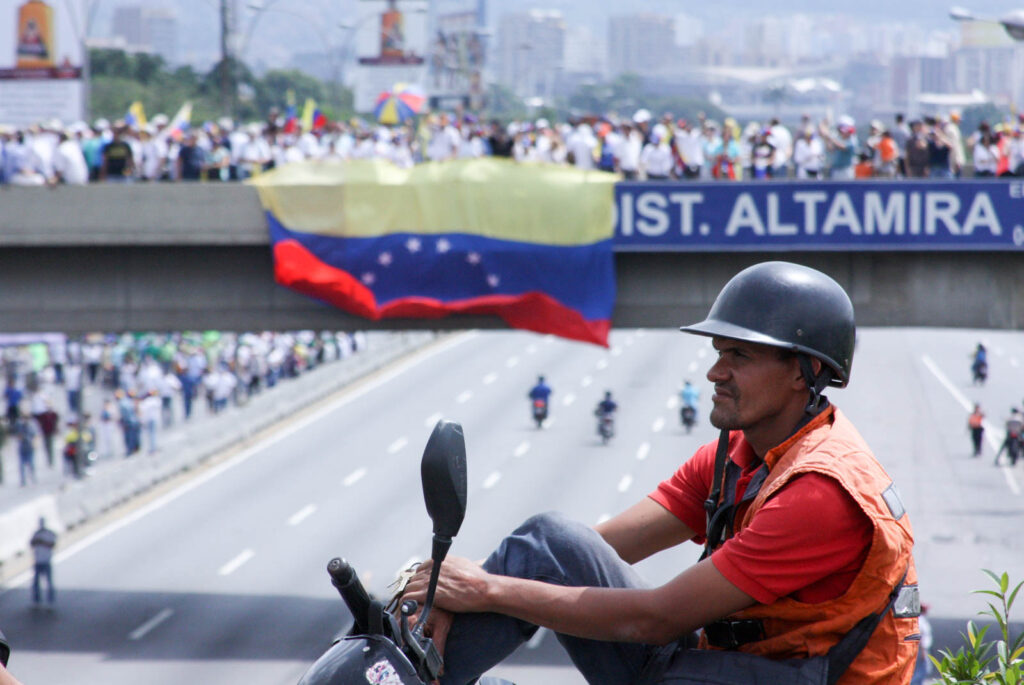Venezuela’s democracy has crumbled. Over the past several years, the country’s separation of powers, freedoms of speech, and press, and rule of law have been on life support—enshrined in the constitution, but often disregarded in practice. Until recently, the political breakdown had been mostly incremental. But on July 30, President Nicolás Maduro followed through on his threat to organize a National Constituent Assembly to rewrite the Venezuelan constitution. The constituyente, as it is known, could set the stage for the Maduro government to totally and indefinitely consolidate its power, criminalize the opposition without limits, and usher in a new and even darker phase in Venezuela’s crisis.
Sold as an attempt to bring “order, justice, peace, [and] a country that is reunited,” the new superbody that was elected Sunday is anything but unifying. A large majority of Venezuelans see it as illegitimate. More than 80 percent believe that the current constitution—drafted by Maduro’s predecessor, Hugo Chávez, who compared it to the Bible and would hand out miniature copies of it at rallies—is sufficient.
Marred by violence (at least ten people were killed in related clashes) and reports of coercion and irregularities, the election to select the members of the assembly was illegal because it circumvented the constitution’s requirement that citizens approve such votes in referendums. Worse, the government stacked the election to its advantage.


